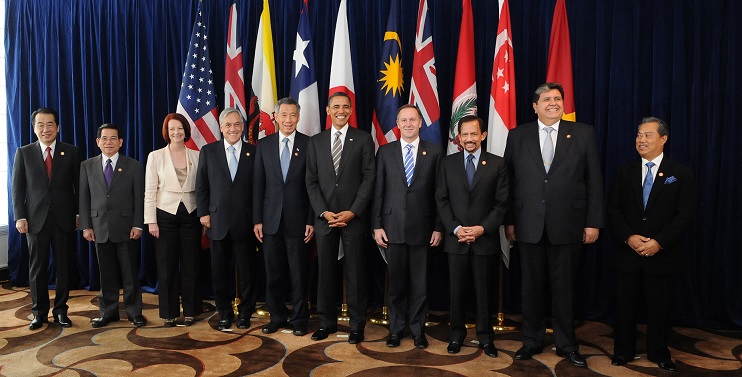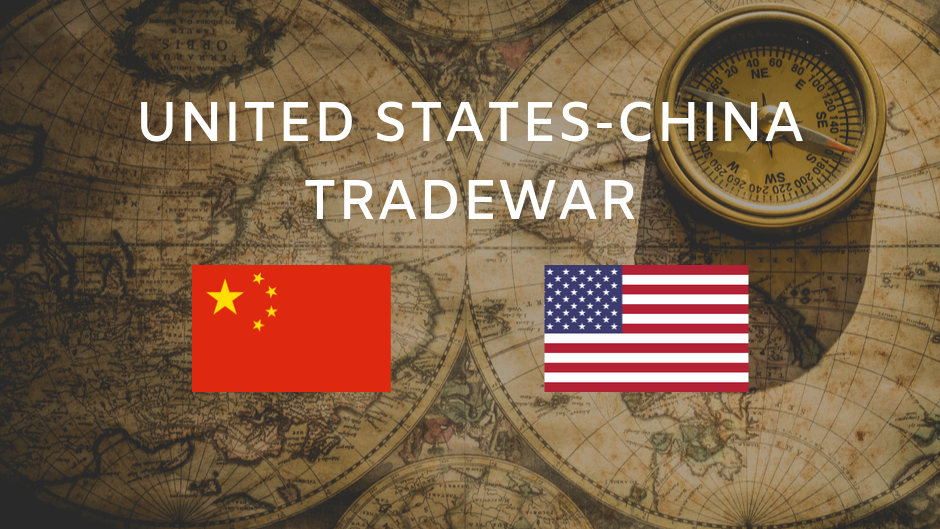Media coverage of emerging markets is escalating to levels not seen since the East Asia financial crisis of 1997/1998. Faced with weakening currencies, many emerging markets have raised their interest rates in order to stem the capital outflows that are generating the deflationary pressure. And some observers are concerned that, just as in 1997, these rate hikes might serve only to intensify rather than stave off economic slowdown in these markets.
High interest rates tend to reduce domestic household consumption and business investment, both vital components of a country’s GDP. Still, emerging markets have risked raising them for at least two reasons. First, many are worried about inflation. In the case of India, local consumers have faced climbing prices ever since the rupee fell about 14% against the dollar last year, and it consequently became more expensive for India to import goods such as crude oil. Central banks in Brazil and South Africa have also cited domestic inflation as the reason for hiking their interest rates.

Some markets may also be raising rates with an eye on their foreign-money debt, even though many analysts believe that today’s emerging markets are much less vulnerable in this department than East Asian markets were in 1997. The fact that Turkish companies have borrowed heavily in foreign currencies, for example, explains why Turkey hiked its rates so sharply in January. As Matthew O’Brien puts it, “it’s hard to pay back your dollar debts when your Turkish liras don’t buy as many dollars.”
Ultimately, it remains to be seen whether allaying one, or both, of these concerns is worth the risk. The rate hikes are already reversing the flow of foreign capital back into some emerging markets. But, in many of these markets, the benefits of propping up the currency might not outweigh the economic drag brought on by higher interest rates.




